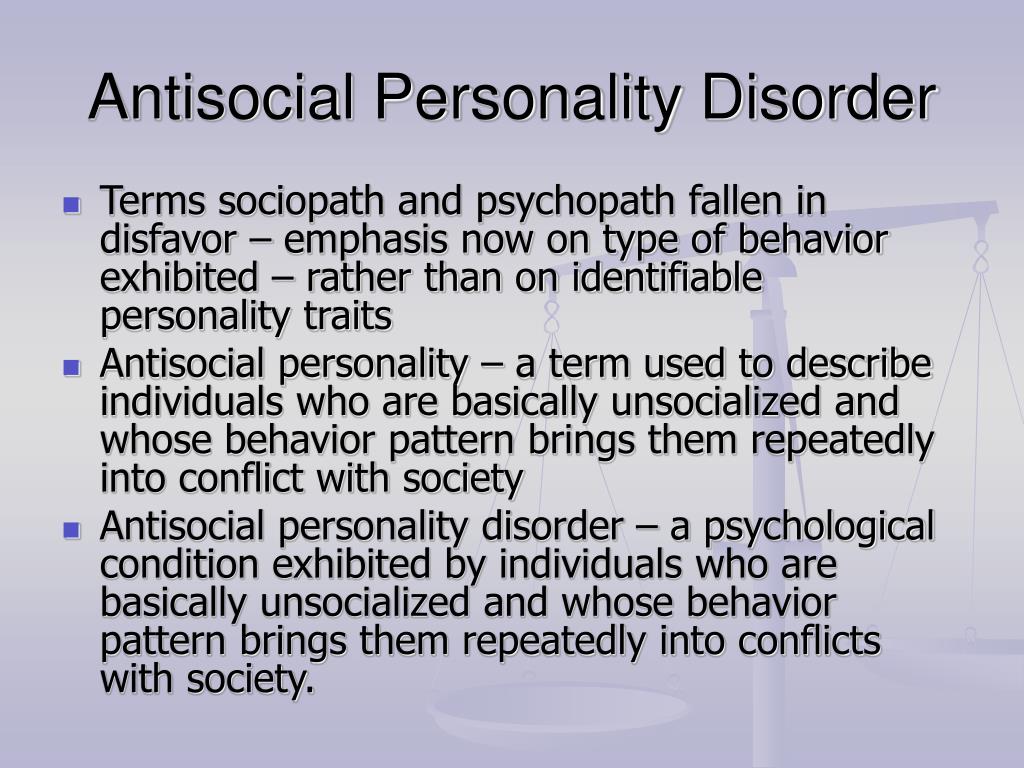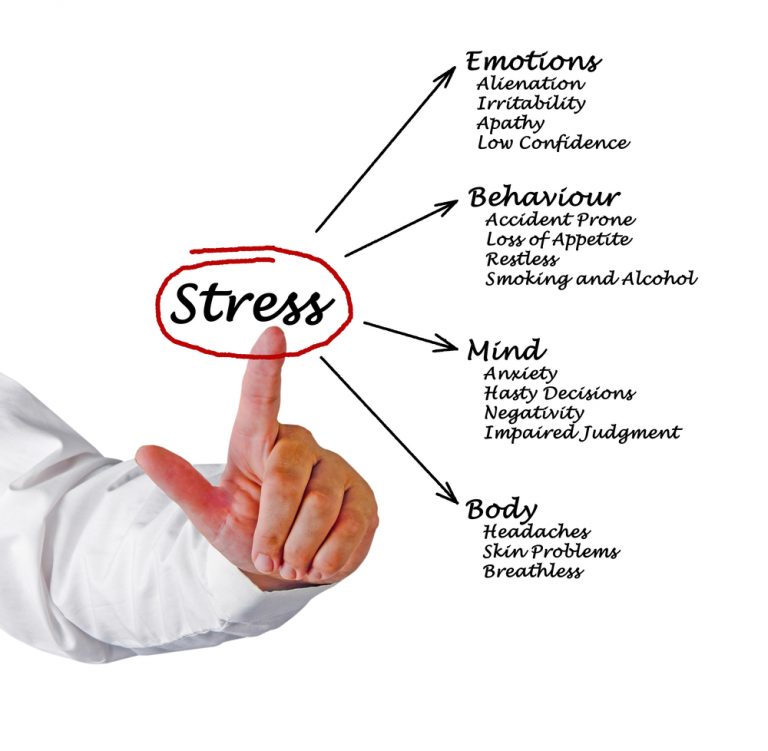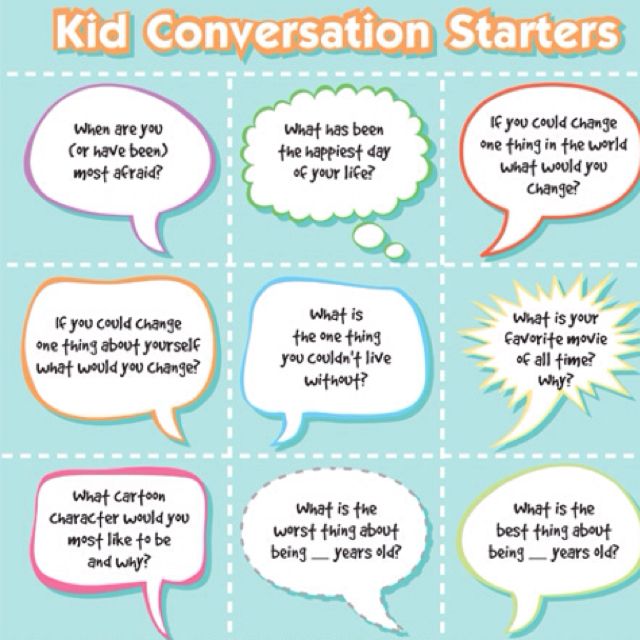How do you see yourself as a person
Learning About Self-Image and How We View Ourselves
Self-image is both a conscious and subconscious way of seeing ourselves. It is the emotional judgment we make about our self-worth.
We form our self-image through interaction with others, taking into account their reactions to us and the ways they categorize us. Their responses are affected by their own distortions in worldview, however, so we don’t always get an accurate reflection of ourselves.
We can’t help but compare ourselves with others, much as we might try not to. We usually compare ourselves against the expectations of friends and family. Often society gives us roles and expectations, such as having a successful career or being a good mom. This contributes to how we see ourselves.
We assess ourselves continually. A positive self-image leads to confidence and self-acceptance. A negative self-image leads to a sense of inferiority and even depression. Those who develop a mature and realistic self-image will not come undone by every critical comment.
Scientists in Montreal recently found that people with a low sense of self-worth are more likely to suffer from memory loss as they get older. Their brains are more likely to shrink than those who have a strong self-image. But the researchers believe that if those with a negative mindset were taught to change the way they think they could reverse their mental decline.
Self-image often is the focus of therapy. The therapist can help promote a healthy self-image through understanding and acceptance. We can also help ourselves, however — by monitoring our internal dialogue; recognizing our accomplishments; being assertive and tolerant; and spending time with good friends. Self-image is improved by valuing our skills and talents, respecting our intelligence and acting on our beliefs and feelings. Keeping a healthy balance also involves focusing our attention outward, toward others.
Evidence suggests that the self-image of young people has significantly deteriorated in recent decades.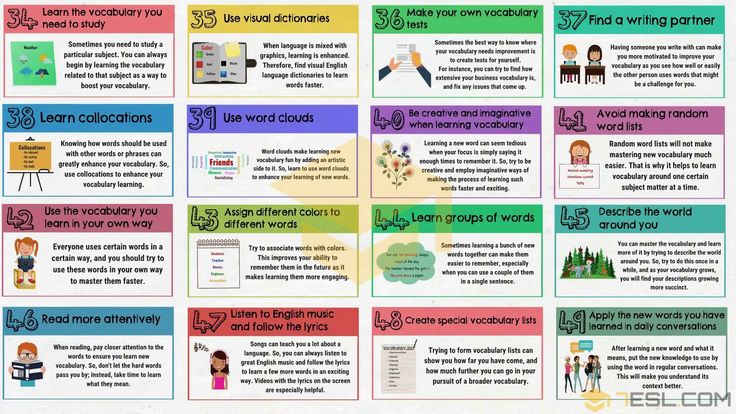 Many feel isolated and different. Increasing numbers are dropping out of high school, and violence and suicide are on the rise.
Many feel isolated and different. Increasing numbers are dropping out of high school, and violence and suicide are on the rise.
Educational achievement seems to be closely linked to self-image – the better a child does in school, the happier he or she seems to be. Parents and teachers can use a number of methods to improve children’s self-image.
Elementary school-aged children need to build academic and social foundations. They must not be labeled ‘naughty’ or ‘a disappointment,’ but supported in their efforts to move forward in learning new skills. Children need to feel that their opinions and feelings are valued, and to be given opportunities to use their imagination and express their creativity. At the same time, they need order and structure in their daily lives, and to be taught right from wrong. A sense of connectedness to a family and cultural group is also important.
This can be provided by taking part in sports, art, music, crafts, travel, and family gatherings and traditions.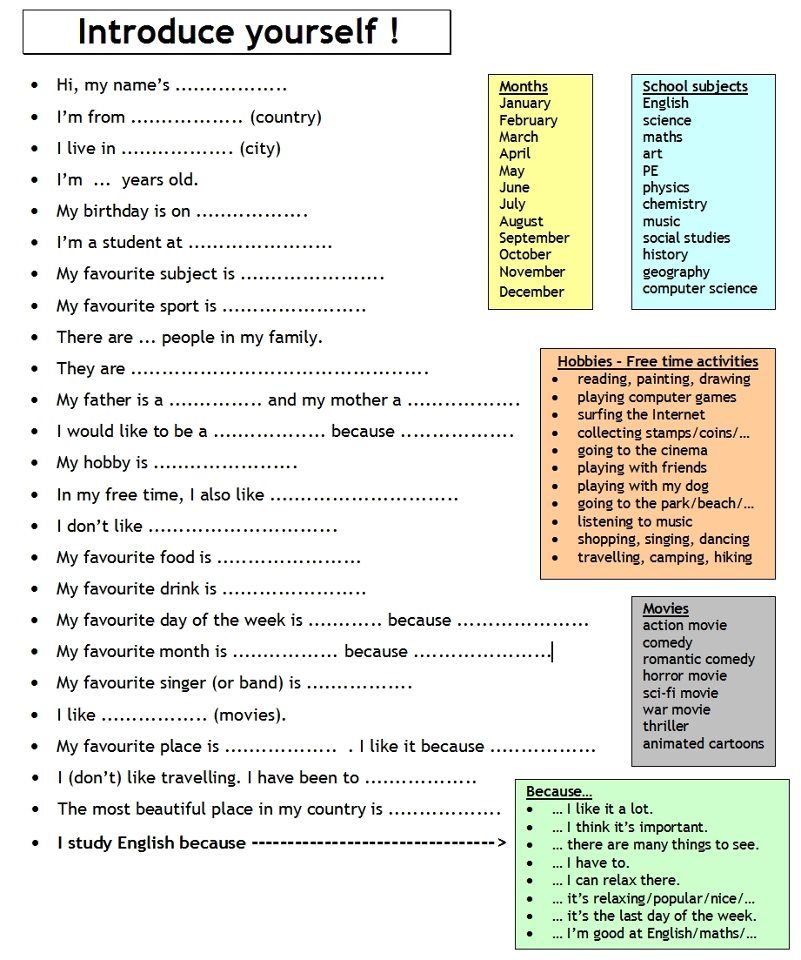 Such activities will enhance the child’s sense of connectedness and order, allow them to set goals and solve problems, and over time build a strong and secure self-image.
Such activities will enhance the child’s sense of connectedness and order, allow them to set goals and solve problems, and over time build a strong and secure self-image.
How You See Yourself | The Jed Foundation
Introduction
Throughout our lives we continually develop and construct an image of ourselves based on our interaction with the world around us and by reflecting on our experiences and how we feel. As we get older, the image that we have of ourselves becomes clearer and more consistent. We develop a better idea of who we are in the world and how we feel about ourselves. This becomes our stable and consistent core, the way we see ourselves. And this image of ourselves has an impact on how we react and present ourselves in different situations.
Of course, in different environments we might show different aspects of ourselves. We might have slightly different images of ourselves in the classroom versus with our friends versus with our families.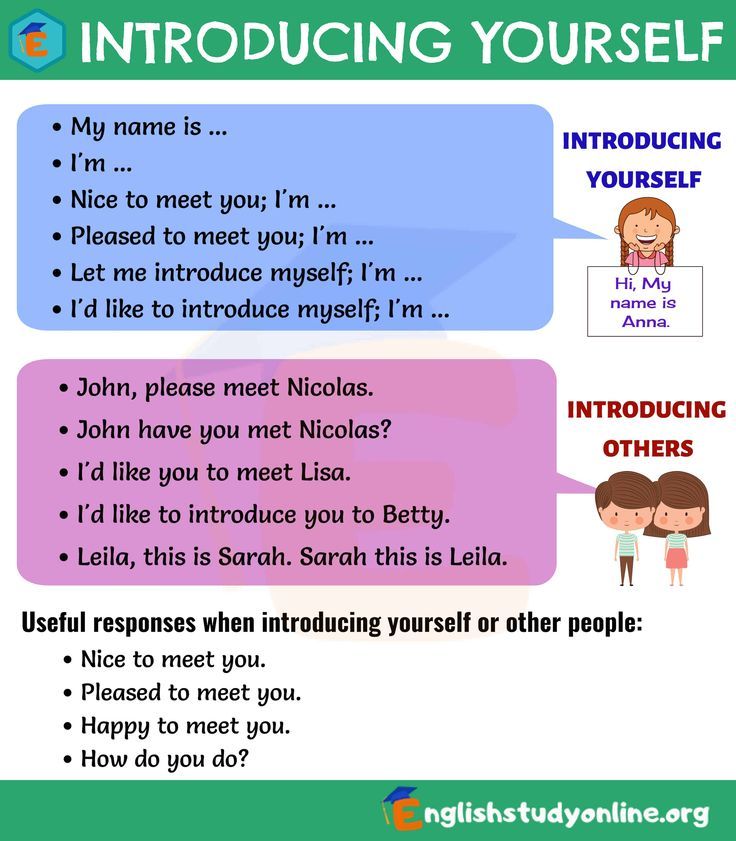 But our core self-image usually stays stable and consistent and balanced. Being able to rely on this stability is what allows us to make good and appropriate decisions in any environment and stay true to ourselves.
But our core self-image usually stays stable and consistent and balanced. Being able to rely on this stability is what allows us to make good and appropriate decisions in any environment and stay true to ourselves.
Describe yourself
When you stop to think about it, this self-image is actually made up of many small ideas or images we carry about ourselves.
If you had to describe yourself in 10 single words or phrases finishing the statement “I am a(n)______ person”, what would you say? It could include ideas like “I am a: happy; serious; courageous; quiet; chubby; self-confident; timid; studious; friendly; honest; athletic; popular….person”.
These adjectives that you connect with yourself make up your self-image. Of course we don’t often stop to think these things through so carefully. Most of this self-image just develops over time automatically without you thinking much about it.
Why does it matter?
There are two kinds of problems that can come up with self-image.
Have you ever known anyone who seemed really different each time you saw them? Maybe one time they were really quiet and serious and then another they seemed silly and childish and the next time bossy and demanding. It is very likely that if you’ve had to spend any significant amount of time with a person like this, you found yourself feeling confused and irritated. It turns out that in order to relate to other people, we need to have a kind of steady idea of who they are, how they react to things, and how we will react to their reactions. People having relatively stable self-images is pretty important in having and maintaining good relationships with others.
It is also worth noticing that people whose self-image and behavior vary drastically may be dealing with an emotional problem and this is something that might indicate a need for professional care.
Have you ever watched a talent show like “American Idol” or “America’s Got Talent”? Typically in the first few episodes there are quite a few people who seem to be convinced they are incredible singers or performers of some kind who are obviously awful.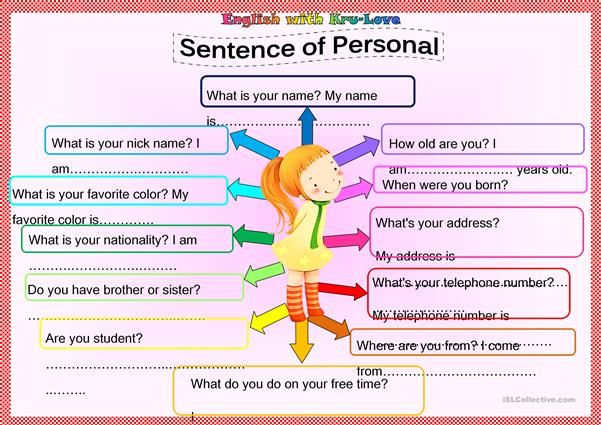 These moments can be both funny (because some of these people seem to be just having fun getting onto TV) and sad (because some of these people seem to be totally “clueless” and kind of helpless). What do we mean by “clueless” here? Here is the second type of self-image problem. Some people have a really big gap between their self-image and their actual self. Singing in a talent show is just a small, specific example.
These moments can be both funny (because some of these people seem to be just having fun getting onto TV) and sad (because some of these people seem to be totally “clueless” and kind of helpless). What do we mean by “clueless” here? Here is the second type of self-image problem. Some people have a really big gap between their self-image and their actual self. Singing in a talent show is just a small, specific example.
You can probably imagine, if someone is completely out of touch (“clueless”) about themselves, this can lead to all sorts of problems for them – they will make lots of bad decisions and have all kinds of trouble with other people.
Get to know yourself
So, as you continue to grow and mature, take some time to get to know who you are. Think about the ways (see if you can come up 10 items) you would complete the statement: “I am a ______person”.
And then maybe think about how others might complete that sentence for you or ask some family and friends how they might complete that sentence about you.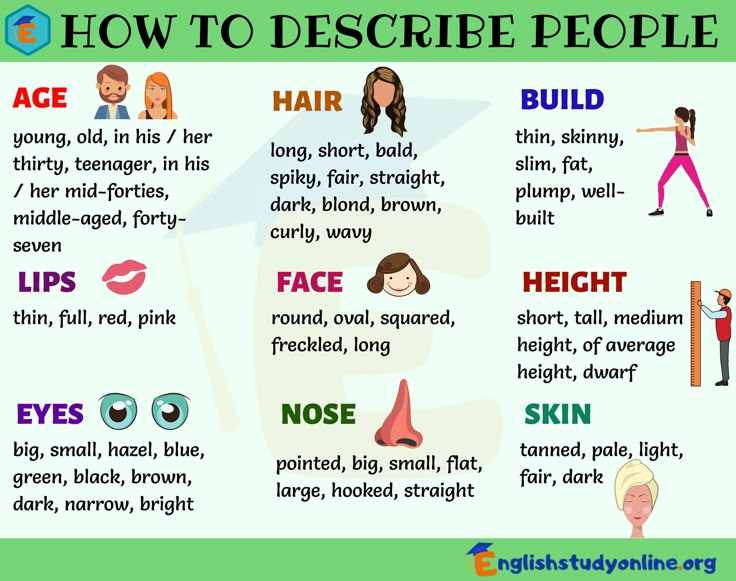 How well do all these sets match up with each other?
How well do all these sets match up with each other?
As a kid we might imagine we are a super-hero or a famous actor. This is fine. As we grow up we need to imagine ourselves in lots of different ways. But as we mature we need to connect our imagination more and more with reality so we can develop a consistent image of ourselves. Without this, we can never really successfully connect with other people.
Back to landing page
Get the Latest JED News First
Notice: JavaScript is required for this content.
Find the real you | PSYCHOLOGIES
32,673
Know Yourself
Main Ideas
- Personality is multi-layered: since childhood, we acquire different “layers” of ourselves that overlap each other.
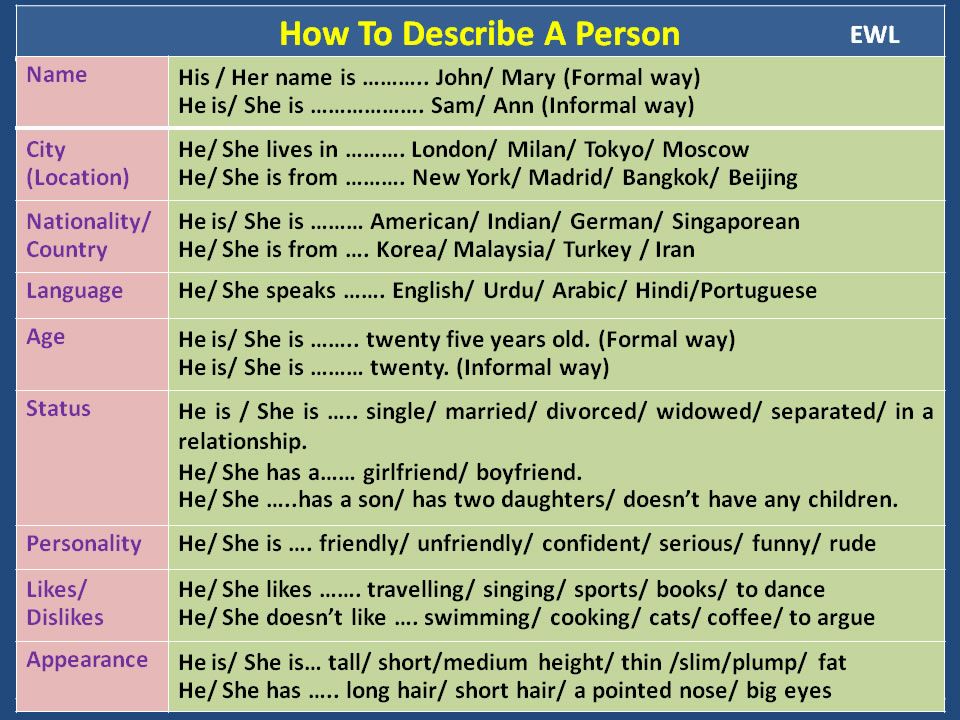
- Everyone is delusional about their own account, because our true "I" is hidden from us by the veil of the unconscious.
- "I" appears when we feel resonance with ourselves, not trying to control our words and actions.
The unconscious, the contradictory nature of our personality, the complex process of building our "I" do not allow us to form an objective idea of ourselves. In answering the question "Who am I?", we are inevitably deceived. Why is this happening?
Others in us
From birth, our “I” develops in interaction with parents: in order to feel care, love, support, we strive to meet their expectations, and also absorb character traits, adult behavior patterns. The reactions of parents to our desires, feelings, actions become a mirror, looking into which we learn to understand what we want and what we don’t want, what is possible and what is not, and ultimately we have an idea of ourselves.
Paradoxically, "I" turns out to be the sum of "other than me. " To have one's own "I" means to absorb all the polyphony of others. We speak for ourselves, but in fact, our father, mother and many other people who influenced us speak through our lips.
" To have one's own "I" means to absorb all the polyphony of others. We speak for ourselves, but in fact, our father, mother and many other people who influenced us speak through our lips.
We include in the image of our "I" those qualities that our parents are ready or want to see in us, and later other people who are significant for us: educators, teachers, friends. And our description of ourselves - for example, "I'm an introvert, calm, shy, capable, sincere" - this is our "I", perceived through the prism of their reactions.
The “other” within us
We strive to get rid of desires, feelings, fantasies that do not fit into this image we have created. The unconscious is the “other” within ourselves, the place where we push thoughts and feelings that confuse us and cause anxiety. And this forbidden zone defines our true essence no less than what we declare about ourselves.
Thus, as a result of too authoritarian upbringing - when parents demand unquestioning obedience from the child and forbid him to be, say, dissatisfied - we get used to repressing any aggressive impulse or desire.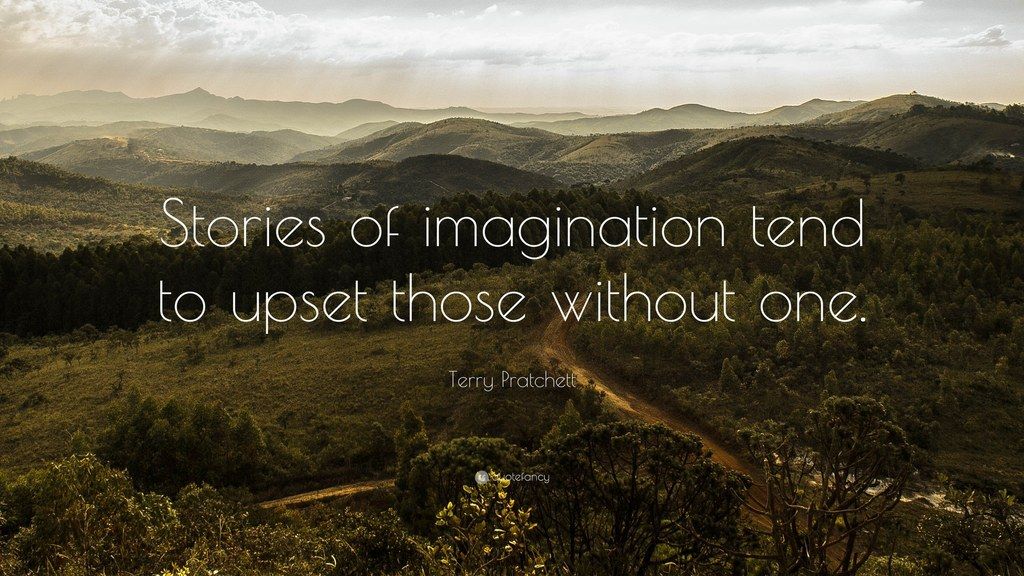
What is unacceptable to consciousness does not disappear without a trace - in a different guise it appears in dreams or missteps
As a result, the perception of oneself will be distorted: a person may seem to himself soft and peaceful, alien to aggression or cruelty. However, his natural aggressiveness does not disappear, but gradually manifests itself - in condemning others or in avoiding situations where you need to be persistent or stand up for yourself.
What is unacceptable to consciousness does not disappear without a trace - in a different guise it appears in dreams, missteps, or in a vague feeling that we have lost some important part of ourselves or never found it.
The dissonance of the soul
"I" seems to us to be integral and homogeneous, although this is absolutely not the case. The French psychoanalyst Jacques Lacan compared the “I” to a multi-layered onion, each layer of which represents only one facet of our self-image and all of them are in conflict with each other.
For example, a situation familiar to many: we are looking for a job. Perhaps we are offered a position that is less interesting and less paid than the previous one. Some part of us would like to agree, "You need to make a living, don't miss this opportunity." While the other protests: "With your education and experience, you deserve so much more."
This is how a few individuals living in each of us, who rarely agree with each other, make themselves felt. And if we still manage, despite everything, to feel like a whole person, it is only because the various sides of our "I" agree not to say everything at the same time.
Three parts of personality
Trying to understand a person, Sigmund Freud created a theory of personality in which it is understood as the interaction of three structures: "I" (Ego), "Super-I" (Super-ego) and "It" (Id) .
"It" contains unconscious drives and impulses and is guided by the "pleasure principle". But an unconscious craving for pleasure would lead a person to death. Therefore, according to Freud, the child develops an Ego - a conscious principle that operates on the basis of the "reality principle". The ego acts as an intermediary between the aspirations of the id, reality, and the demands of society. The third structure, the super-ego, embodies the moral prohibitions and moral norms learned by everyone since childhood, which allow us to live in society and interact with other people.
Therefore, according to Freud, the child develops an Ego - a conscious principle that operates on the basis of the "reality principle". The ego acts as an intermediary between the aspirations of the id, reality, and the demands of society. The third structure, the super-ego, embodies the moral prohibitions and moral norms learned by everyone since childhood, which allow us to live in society and interact with other people.
Meeting with "I"
For the followers of Freud, our real, unfamiliar "I" involuntarily peeps through at the moment when we forget and cease to control ourselves. At such moments, we make mistakes, blurt out, forget someone's names or dream - this is how our unconscious manifests itself.
But there is another view of that deep integrity that covers all contradictions, which can be called our true "I". This experience is familiar to everyone: parents, friends, colleagues expect certain behavior from us, but something resists in us, an inner voice quietly but insistently says what we really need to do.
“It is as if in the middle of our “I” a certain depth is revealed, from which feelings, intuition, images, words rise towards us,” writes the existential analyst Alfried Lenglet. - If we want to turn to this most authentic in us, to our essence, we should “let ourselves be” and, opening ourselves inside ourselves, ask: “Do I feel that this is right for me?” And pay attention to your intuitive feeling, which at the same time begins to sound like an answer to this question.
This is the voice of our true "I", which must be heard and which can be trusted.
"We are the heirs of our past"
Those who think that a person makes himself are mistaken. According to the French philosopher Alain Finkielkraut, everyone's personality comes from our collective past. Rejecting the dominance of the omnipotent ego, Finkielkraut warns us against excessive pride.
Psychologies: What is the foundation of our personality?
Alain Finkielkraut: The most destructive illusion of our time is the desire for spontaneity: "I am who I am, and my personality needs self-expression in order to develop. " It is enough to open social networks to make sure: everyone is spontaneous, and everyone says the same thing, because spontaneity borders on banality.
But a person is first and foremost an heir. Today, everyone dreams of freeing themselves from the burden of historical heritage and living with their own mind. But our entire civilization is based on the idea that only through culture does man gain access to himself.
But what about the school - doesn't it guarantee the transfer of knowledge from past generations to the future?
This is how it used to be. But today in school children are given the word before they acquire the language. This is how school breeds illiteracy, because we can become ourselves only when we have learned - thanks to others - to freely use a language that we did not invent. Our personality is formed on the basis of this dependence on our predecessors, our duty to them.
How does culture help you find yourself?
Take, for example, reading. Why do we read? To have some fun? Maybe. To relax? Probably. To get information? No. Reading is connecting with that reality inside or outside of us, which would otherwise elude us and which helps us to create ourselves and develop.
Why do we read? To have some fun? Maybe. To relax? Probably. To get information? No. Reading is connecting with that reality inside or outside of us, which would otherwise elude us and which helps us to create ourselves and develop.
I can say that my idea of love was formed equally on the basis of personal experience and under the influence of books that helped me to comprehend what I experienced. Reading presupposes a kind of humility, and there must be this humility in the personality, this inner agreement with what cannot be formed outside of relationships with other people.
Doesn't democracy give everyone access to culture?
No, democracy has formed professionals in various fields, but their cause does not feed their lives. Meanwhile, we must always ask ourselves: who am I? what is special about me? what do others have in common? And it is impossible to think about this without referring to the minds of the past, because only relying on what has already been said, we can find our exact words.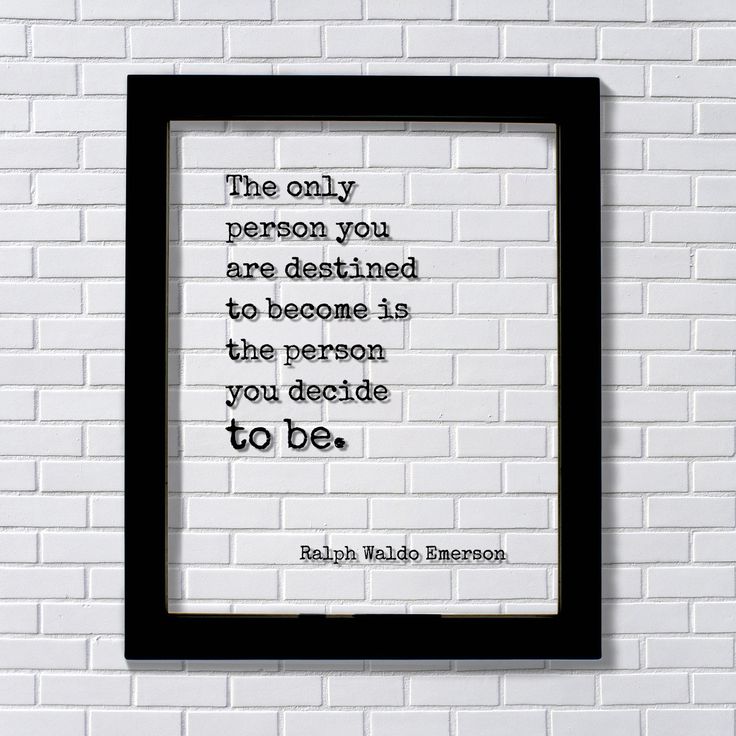
As the German philosopher and historian of science Ernst Cassirer said: “Whenever I am ready to forget myself in order to dissolve in another and surrender completely to him, my personality takes on a new, deeper meaning.”
Text: Olga Pekelis, Elena Ratner Photo credit: Getty Images
New on the site
The best film in the history of cinema has been named: why should you watch this film
“My husband drinks every weekend until his memory lapses. I don’t want to ruin our common plans, but do we really have to leave?”
How to fix your eating habits: tips from a nutritionist
5 French ways to increase self-esteem - try it yourself
"My husband wants attention, but I have no strength"
“How to recover from the sudden departure of your wife and build a new family?”
How the capacity for mature relationships is formed: 4 factors
Prostitution in the past and in the 21st century: mutually beneficial enterprise or violence?
"Where do you see yourself in 5 years?" — Work.
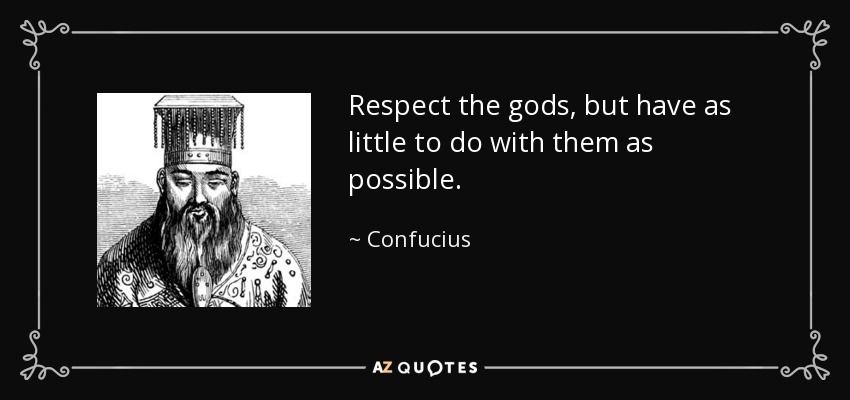 ua
ua
This favorite question of recruiters deservedly causes such a reaction from applicants as in the photo. Why it is asked and how to answer it correctly — Work.ua figured it out.
If you have ever been to an interview or read a couple of articles about how to pass an interview, you know for sure that the question “Where do you see yourself in 5 years?” extremely popular at interviews — practically eternal, according to Work.ua.
In theory, it is asked in order to find out:
- the level of ambition of the candidate;
- the adequacy of self-assessment;
- whether the candidate thinks about his professional future;
- how plans to go to the intended goal;
- will join the team and share the internal corporate culture of the company;
- to what extent the candidate's long-term goals correspond to the opportunities that the company can offer him.
Regarding the last point, it is worth remembering that the opportunities of companies can be different: someone is looking for ambitious candidates who want to constantly grow, and someone needs to close a linear position, which a priori does not provide for career growth.
How not to answer
There is no universal correct answer to this question. But it will be obviously wrong:
- To say that you don't know anything about it or haven't thought about it yet.
- Reply that you don't know what will happen tomorrow, not to mention such a long-term perspective.
- Talk about the personal and touch on the professional quite a bit.
- Talk about entrepreneurship.
You won't like these answers anyway. After all, you come to the company to help it develop, and you yourself must strive for something new. Of course, you can laugh off this question by answering something like: "Celebrate the fifth anniversary of your question." But after that it is still better to move on to a reasonable answer.
What is the best answer
Work.ua finds a three-part answer considered.
1. Show the right amount of ambition
Most employers are pleased to know that their employees have the desire to grow and develop.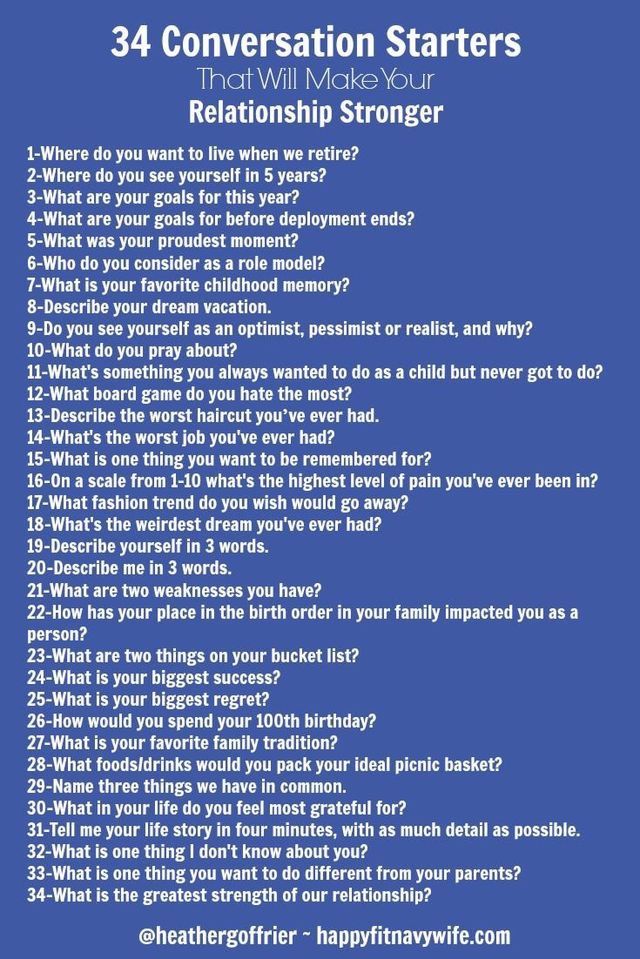 Healthy ambition should always be shown, but it is important not to overdo it.
Healthy ambition should always be shown, but it is important not to overdo it.
A potential manager will most likely not want to hire you if you say that you plan to take his place in 5 years. Even as a joke. The following answer can be considered moderately ambitious:
“I want to learn the ins and outs of this industry and become a professional in it” .
But remember that even moderate ambition may not always be an advantage. Especially if the company expects you to be satisfied with working 5 years in the same position without any career ups. If you really apply for just such a position, you should not talk about ambitions that do not exist.
2. Show an interest in learning
Many people don't know exactly what they want to do tomorrow, let alone a few years ahead, but you can always express a desire to learn and grow in a certain area.
Tell us about an aspect of your working life that you would like to improve. Maybe this is an area of knowledge in which you still understand little and would like to learn more, a foreign language or some courses - any interest and craving for knowledge.
Also, when answering this question, you can ask a counter one and find out from the recruiter how long this position has been open and where the person who held this position 5 years ago is now.
3. Explain how your goals are similar to those of the company
Prepare for an interview. At a minimum, search for information about the company on the Internet. It is good if the company has an up-to-date website, with the help of which it is easy to find out the purpose and mission of the organization. This is key information for the applicant - here you understand whether you are on the way with the company or not.
Select a few items from the company's mission that resonate with your goals, and note how you plan to achieve them within the company in the coming years. For example:
“I love that your company is investing in the development of its people. I would like to manage my team in the organization in five years and help each member of the department develop. ” .
Neutral response
Neutral response to the question “Where do you see yourself in 5 years” looks something like this:
“I do not have a specific plan for where I see myself in 5 years. But I would like to move forward. I am flexible, so I will do the current job to the best of my ability and keep an eye out for opportunities within the organization, even if it means changing positions. I also understand that life is more complex and varied than we can currently imagine, but I will do my best to grow within the existing company in a number of ways.
Work.ua emphasizes that there is no perfect answer to this question for recruiters themselves. Applicants, trying to guess the right answer, end up in jobs that they don’t like and eventually lose all motivation. If you are interested in a horizontal career and improving your skills, say so, it does not mean that you are without initiative. And if you are interested in growth upwards and higher positions, you should not hide it.


